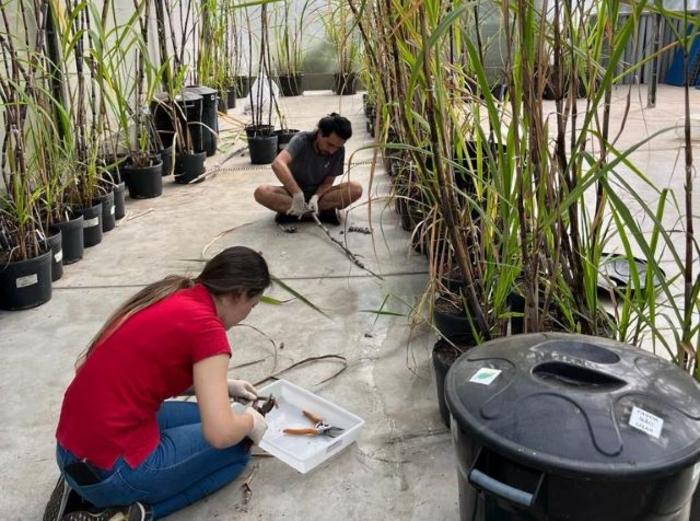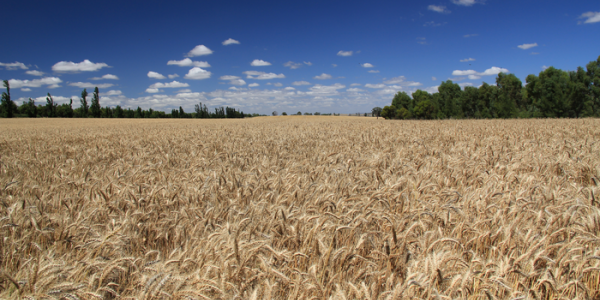Though there are science and engineering hurdles to overcome, governments are keen on using food for fuel. Corn is most common right now but sugar is also a target for legislators who want to pivot away from conventional energy.
Brazil is understandably interested in getting out in front of the issue. Sugarcane is one of Brazil’s main tools for ethanol from sugarcane is one of the most important renewable biofuels that can replace fossil fuels.
A recent review of its importance to Brazil also discusses the history of sugarcane genetic improvement in Brazil from the arrival of the Portuguese to the currently available varieties.

Credit Marcos Buckeridge
Ethanol is controversial in the United States because long-term use is known to cause engine wear and yet states like California continue to force higher blends on consumers. Breakdowns could mean replacing cars earlier in the life cycle, which means more environmental strain and higher costs.
The problem using sugar is that nature and legacy techniques have created a cap on how much sugarcane can produce. In the US, the Obama administration turned over 5 million acres of federal land to farmers willing to grow corn, and the cost remained high. Corn was being imported for fuel, which means the poor in countries where it was grown were priced out of food. Brazil would have to increase acreage given legacy sugarcane.
“Despite all the improvement, the genetic engineering strategies applied to sugarcane need to advance further compared to other crops. Moreover, we’ve reached a limit in genetic terms: we’ll have to increase the number of cells or their size for the plant to store more sugar, and this requires sophisticated techniques. Big data, advanced analytical methods, bioinformatics and substantial computational resources, among others, are needed to help improve sugarcane’s physiological performance and yield without expanding crop acreage,” notes the paper's senior author, Marcos Buckeridge, head of the Laboratory of Plant Physiological Ecology at the University of São Paulo.
The field needs better genome sequencing. Once precise whole genome sequencing of sugarcane is successfully obtained, the next step will be to develop techniques capable of making specific modifications in the genome. The main hope for most scientists resides in CRISPR-Cas9 gene editing.




